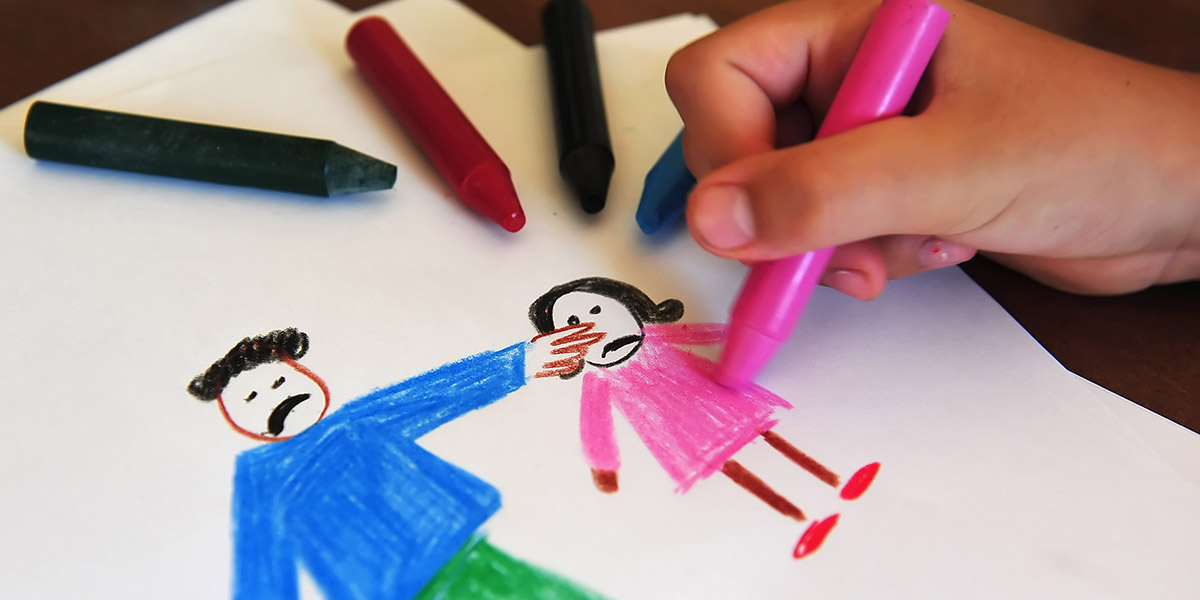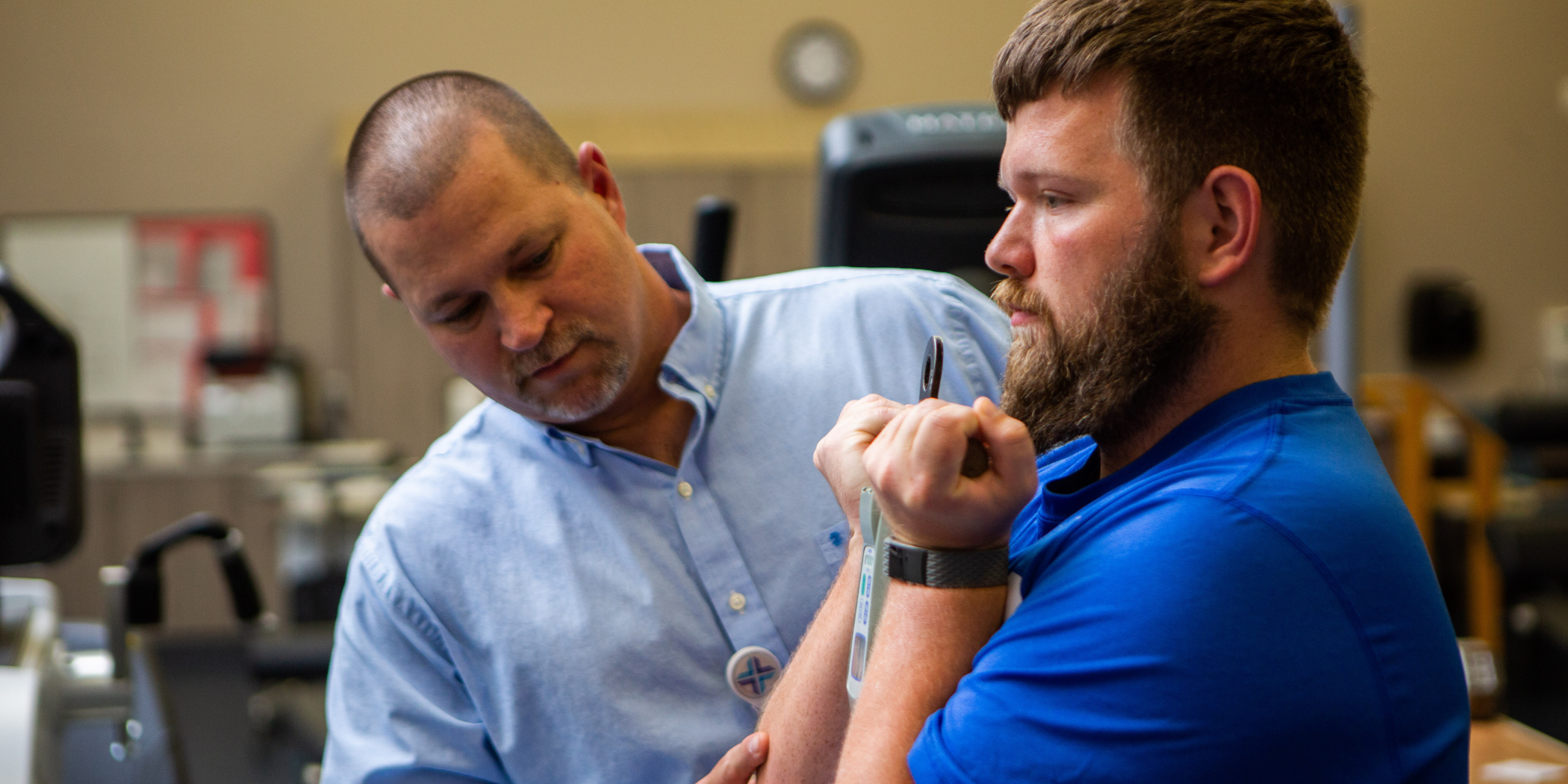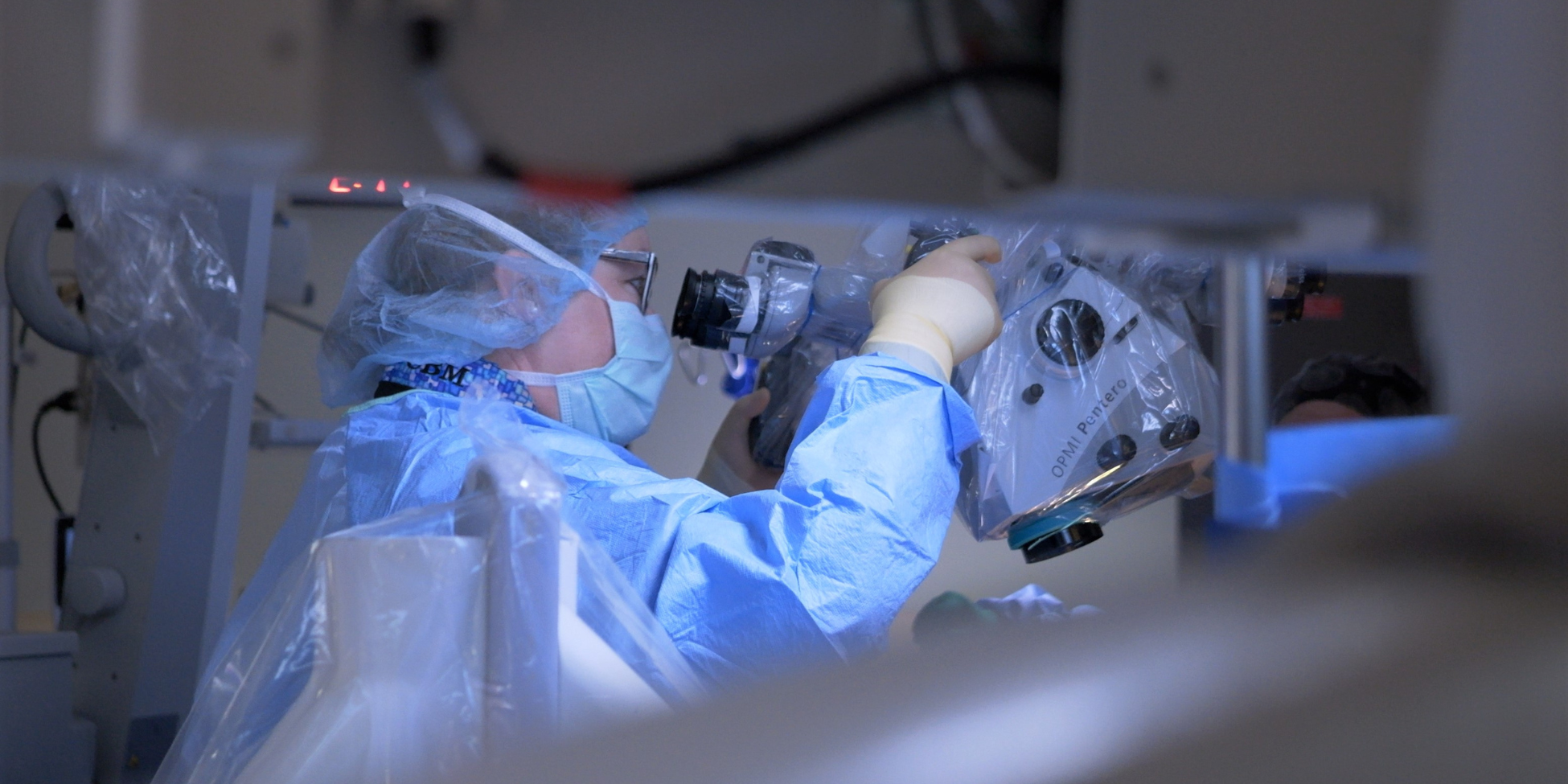
Childhood experiences, lifetime traumas
Editor's note: Spartanburg Regional Healthcare System is taking part in Hospitals Against Violence Day, an initiative of the American Hospitals Association held June 9, 2017.
Violence affects people in all walks of life, but it can have a particularly negative impact on children and teenagers – an impact that can last their entire life and alter their decision-making processes.
People in the first 18 years of life who are abused and exposed to violence and neglect have a significantly greater risk for health and social problems throughout life, according to Jennifer Parker, PhD, LPC.
“They have higher rates of chronic health problems, such as cardiac disease, lung disease, and even asthma,” Parker said. “With exposure to multiple forms of violence, they can have a 20-year shorter lifespan.”
Parker is a professor of psychology and director of the Center for Child Advocacy Studies at the University of South Carolina Upstate.
Trauma hurts children in ways that may be difficult to recognize at first. It introduces toxic stress to a child's developing brain, which in turn can hinder a child's learning, socializing and ability to determine healthy choices.
This information is provided courtesy of the USC Upstate Child Protection Training Center, a part of USC Upstate's Center for Child Advocacy Studies.
Adverse Childhood Experiences (ACE) can include:
- Emotional abuse
- Physical abuse
- Sexual abuse
- Emotional neglect
- Physical neglect
- Mother treated violently
- Household substance abuse
- Household mental illness
- Parental separation or divorce
- Incarcerated household member
- Bullying (by another child or adult)
- Witnessing violence outside the home
- Witness a brother or sister being abused
- Racism, sexism, or any other form of discrimination
- Being homeless
- Natural disasters and war
How do ACEs affect health?
Trauma creates stress; prolonged exposure to it can damage a child's developing brain. It:
- Reduces the ability to respond, learn or figure things out
- Increases difficulty in making friends and maintaining relationships
- Increases stress hormones that affect the body's ability to fight infection
- Lowers tolerance for stress, which can make a child more likely to fight, act out or defy authority figures
- Increases problems with learning and memory, which can be permanent
- May cause lasting health problems
Exposure to ACES increase the risk for:
- Adolescent pregnancy
- Drug and alcohol abuse
- Depression
- Heart disease
- Intimate partner violence
- Liver disease
- Multiple sexual partners and STDs
- Smoking
- Suicide attempts
- Unintended pregnancies
If you suspect child abuse, please speak up. In Spartanburg County, call the S.C. Department of Social Services at 864-596-3001 (press 1) during business hours, or 864-585-1445 after hours.












